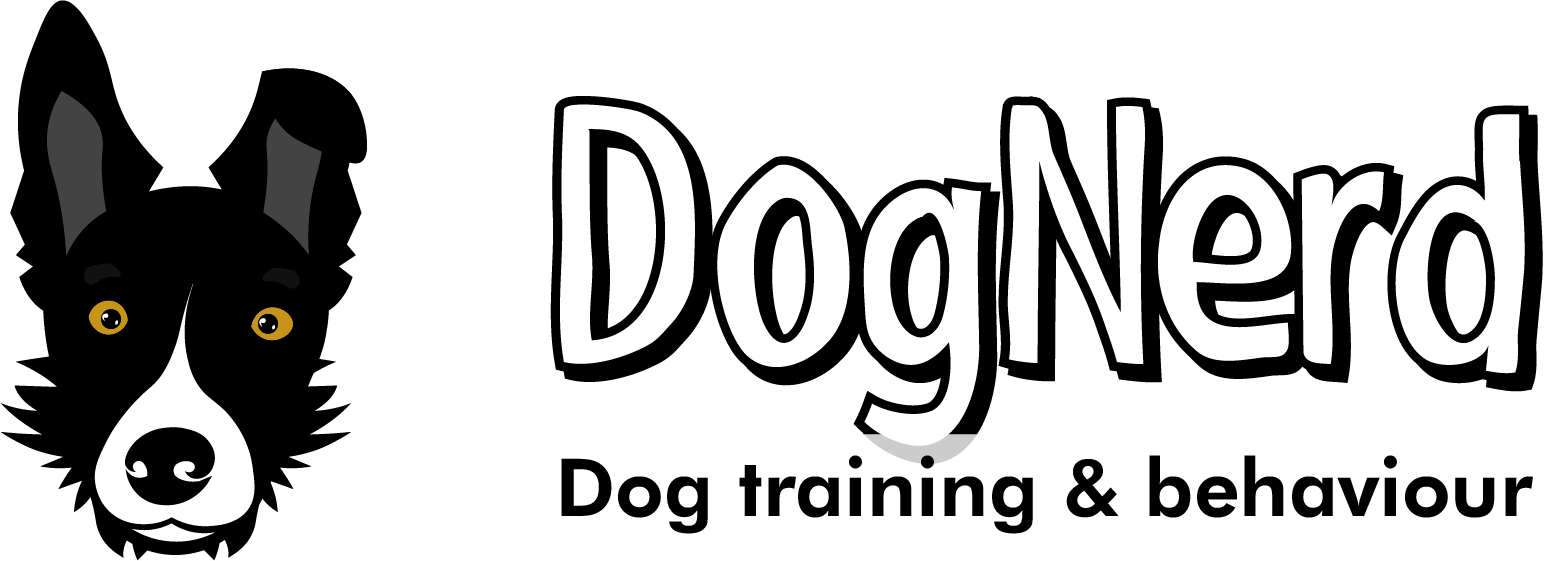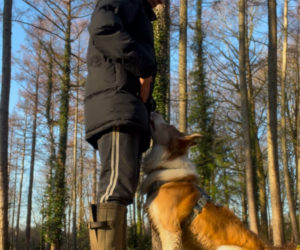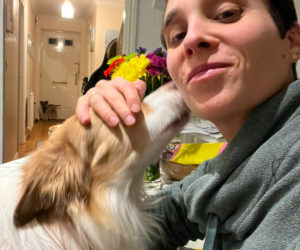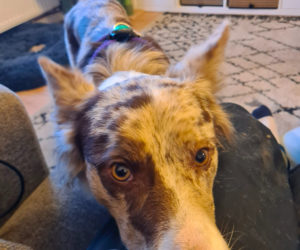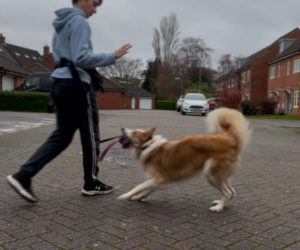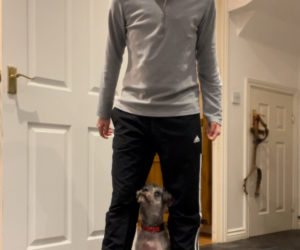The Key to Successful Social Interactions
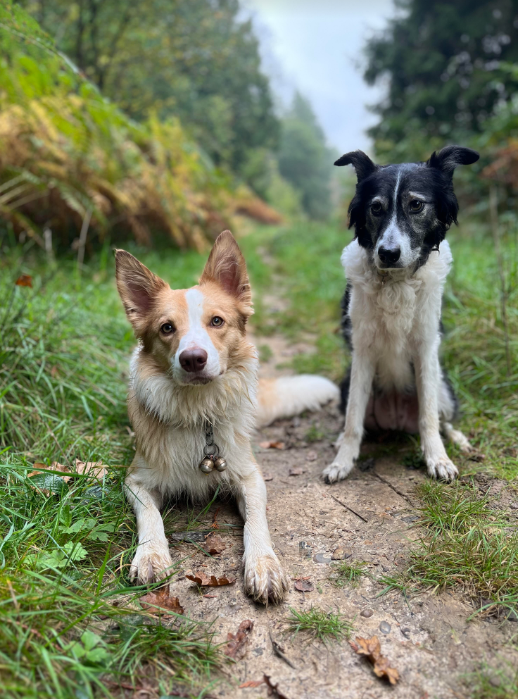
Does your dog bark and lunge at other dogs when they’re on lead, not because they’re necessarily aggressive towards other dogs, but because they really, really want to play? If you’ve tried “counter conditioning” and avoiding other dogs with limited success, there might be a better approach to address your dog’s behaviour.
Why Your Dog’s Reactivity Might Be Socially Driven
For many dogs, social time isn’t just a luxury – it’s a necessity. When your dog is barking and flailing because they’re eager for social interaction, the key to making progress isn’t just about avoiding other dogs. It’s about teaching your dog how to access what they want in a calm and controlled manner. Imagine how much progress you could make if your dog learned that taking a breath and controlling themselves earns them the opportunity to interact, while barking and lunging does not.
The Role of Social Play in Reactivity Training
Finding appropriate playmates and meeting your dog’s social needs can be a game-changer. Don’t get me wrong – your dog shouldn’t need to engage in high energy play with every dog they meet, and dogs can benefit from having a variety of experiences around other dogs (including resting together, exploring nature together, etc.) but sometimes, play can be an important piece of the puzzle. Structured, positive social interactions can significantly reduce reactivity by satisfying your dog’s social drive in a healthy way.
However, it’s also crucial to introduce clarity around the times when a social interaction isn’t possible. Teaching your dog that there are moments when play isn’t on the table will help manage their expectations and reduce frustration.
Reactivity Training: It’s More Than Just Treats for Looking at Triggers
Too often, reactivity training focuses solely on attempting to feeding a dog for looking at a trigger. While this can be effective in some cases, it’s not a one-size-fits-all solution. Reactivity training should be a comprehensive approach, and for our really social dogs, it should include helping them understand when and how they can engage in social interactions in a positive way.
If your dog’s reactivity stems from a desire for socialisation, then meeting those social needs through structured play and controlled interactions could be the breakthrough you’ve been looking for. By teaching your dog to manage their excitement and approach social situations calmly, you’re setting them up for success—leading to a happier, more balanced dog.
Do you have a dog that loves to play, but needs a little help to learn how to control themselves? Make sure to book a free call – let’s talk about it!
See how we can help
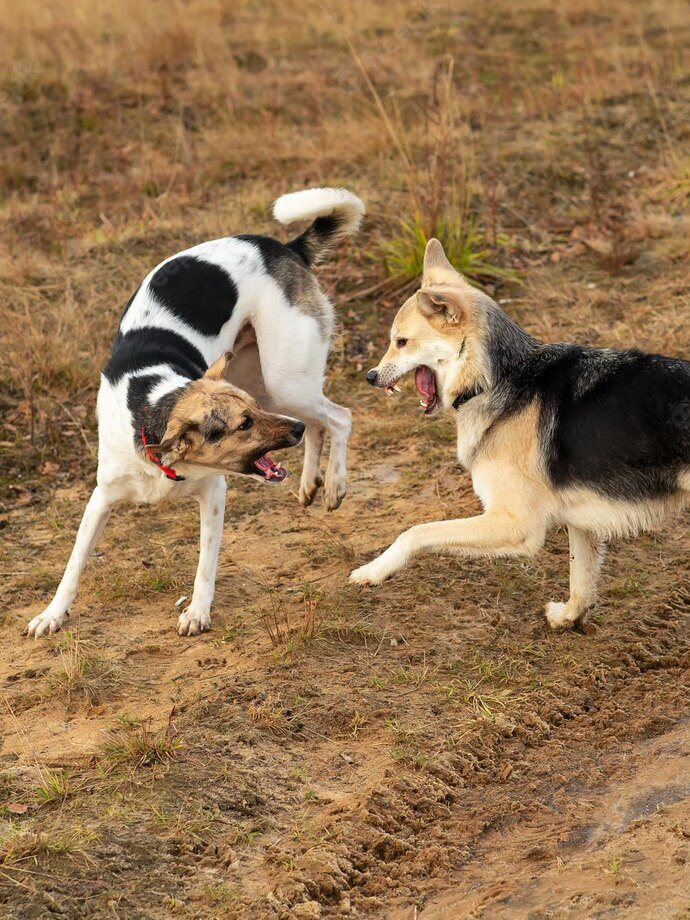
Behaviour rehabilitation
Many behaviour problems are linked to how your dog is feeling. Fear, anxiety and pain all influence how well your dog is able to cope with his environment and routines.
Dog training
Dog training is offered for all dogs: puppies, adolescents, seniors and newly adopted rescue dogs.

Book A Free Consultation Call
Unsure on where to start? I don't blame you, finding the right dog trainer can be a challenge in itself. Book a FREE 30 minute consultation call to find out more about how I work and how I can help you with your dog!
Given the dedication required to provide each dog and their owner with the personalised attention and training they need, I am only able to work with a limited number of clients at any given time. I sincerely believe in offering my services only when I am confident in my ability to deliver the outcomes you're seeking for your dog.
Related posts
Tips & Tricks is dedicated to providing every mama and papa with exclusive advice and information on how to take care and deal with their furry friends.
